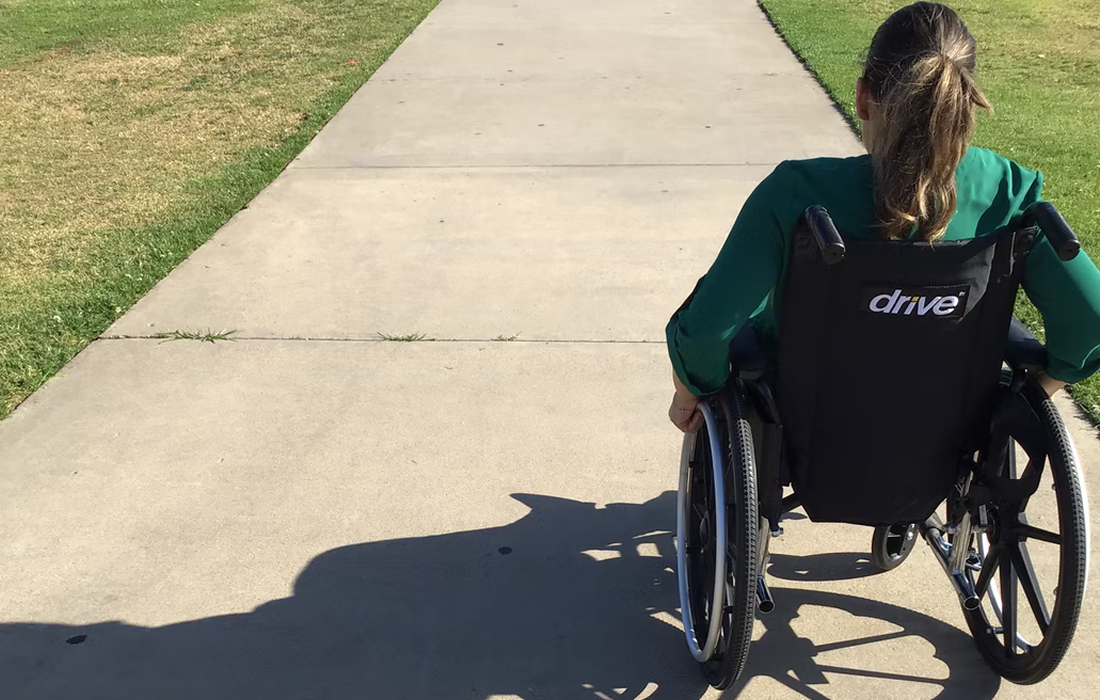Stem Cell Therapy for Specific Conditions
CELLTOP Clinical Trial: MSCs for Paralysis Due to Traumatic SCI
The purpose of the study according to the researchers is to determine the safety of administering mesenchymal stem cells (MSCs) derived from fat tissue into the cerebrospinal fluid (CSF) of patients with spinal cord injury. The study continues in a phase 1 clinical trial conducted by the Mayo Clinic.
All subjects enrolled in the study are/will receive adipose derived MSCs (AD-MSCs) treatment, which is not yet approved by the FDA for large scale use. However, the FDA allowed the use of this agent for the research study.
All subjects will receive the same dosage of stem cells via intrathecal injection (100 Million AD-MSCs). Enrolled subjects will first undergo a minor surgical procedure in which a sample of the patient’s adipose tissue will be harvested from a small incision in the patient’s abdomen or thigh.
Spinal Cord Injury and MSCs
Spinal cord injury (SPI) is a devastating condition with limited pharmacological treatment options to restore function. The use of regenerative approaches have recently attracted interest as an adjuvant to the current standard of care.
AD-MSCs represent a readily accessible cell source with high proliferative capacity.
This trial has focused primarily on chances in motor function, with the aim to establish their clinical relevance. Available evidence has shown that adipose tissue–derived (AD) MSCs can regulate inflammatory responses and provide a regeneration-permissive environment in animal models of SCI.
CELLTOP First Case Report
The Mayo clinic released a case report of one of the enrolled patients of this clinical trial. The patient is a 53 year old male who suffered a surfing accident resulting in a C3-4 SCI, with a neurologic examination at the time of the accident that revealed complete loss of motor function and sensory function below the level of the injury along with loss of bowel and bladder sensation. A grade A SCI by the American Spinal Cord Injury Association (ASIA).
The patient had C2-6 posterior cervical decompression and fusion with postoperative improvement in motor and sensory function and bowel and bladder sensation were demonstrable, but 6 months after the injury gains in neurologic function plateaued, with no additional improvement.
When enrolled in the study (9 months postinjury) his neurologic status was found to be ASIA grade C. He received an intrathecal injection of 100 Million AD-MSCs at his 11 month after the injury, and was evaluated at days 2, 3, and weeks 1, 2, 4, 12, 24, 48 and 72.
The procedure was well tolerated with no major adverse events, only a mild to moderate headache on day 2, which resolved with no complications. After 18 month follow-up no adverse events were reported.
He had an improvement in upper extremity motor score from 35 to 44 at 18 months. Also, considerable improvement was observed in total lower extremity motor scores, from 36 at baseline to 49 at 18 months following injection
The most notable improvement was in the “pull and push with arms” component, which improved from 31 at baseline to 46 at 18 months, and the “using hands and fingers” component, which improved from 40 at baseline to 51 at 18 months.
He also had improvements in time and speed for the 10 meter walk test, with an improvement of 57.72 seconds, 0.17 m/s at baseline to 23 seconds, 0.43 m/s at 15 months. He was also able to walk 2,200 ft for 34 minutes compared to 635 ft for 12.8 minutes at baseline.
Conclusions
The researchers concluded that the autologous delivery of AD-MSCs via intrathecal injection was safe. Previous trials have reported similar findings, including Hur et al reported the first human trial of intrathecal autologous AD-MSCs (dose, 90 million cells) in 14 patients with SCI, 12 of whom were reported to have ASIA grade A neurologic impairment at baseline.
Overall, intrathecal administration of MSCs may be a relatively noninvasive and safe option for patients with spinal cord injury for whom current standard of care treatments haven’t shown much improvement.
Sources:
Mohamad Bydon, et al. CELLTOP Clinical Trial: First Report From a Phase 1 Trial of Autologous Adipose Tissue–Derived Mesenchymal Stem Cells in the Treatment of Paralysis Due to Traumatic Spinal Cord Injury. Mayo Clinic Proceedings. 2020. DOI:https://doi.org/10.1016/j.mayocp.2019.10.008
https://clinicaltrials.gov/ct2/show/NCT03308565
https://www.researchgate.net/figure/The-ASIA-classification-of-neurologic-impairment_tbl1_7482852
Image from:
Photo by Nayeli Dalton on Unsplash

